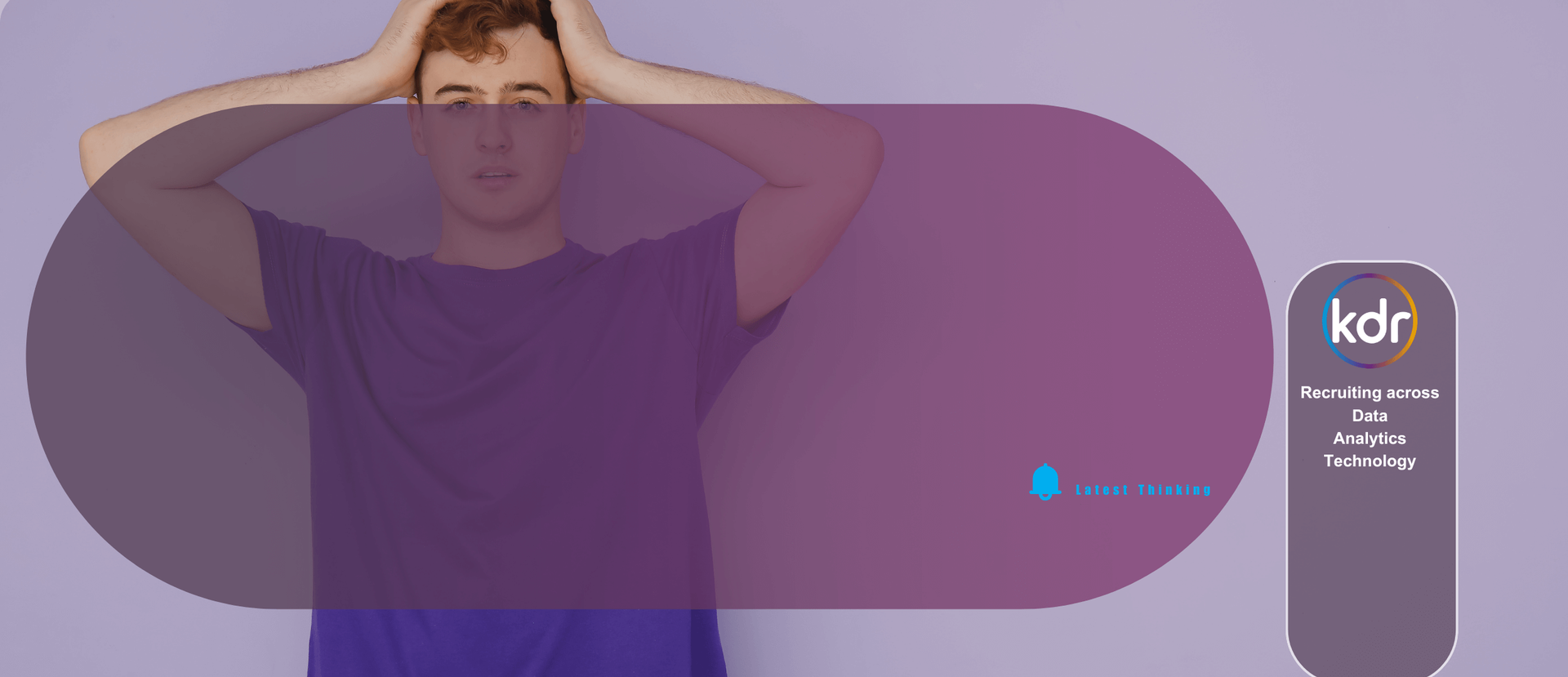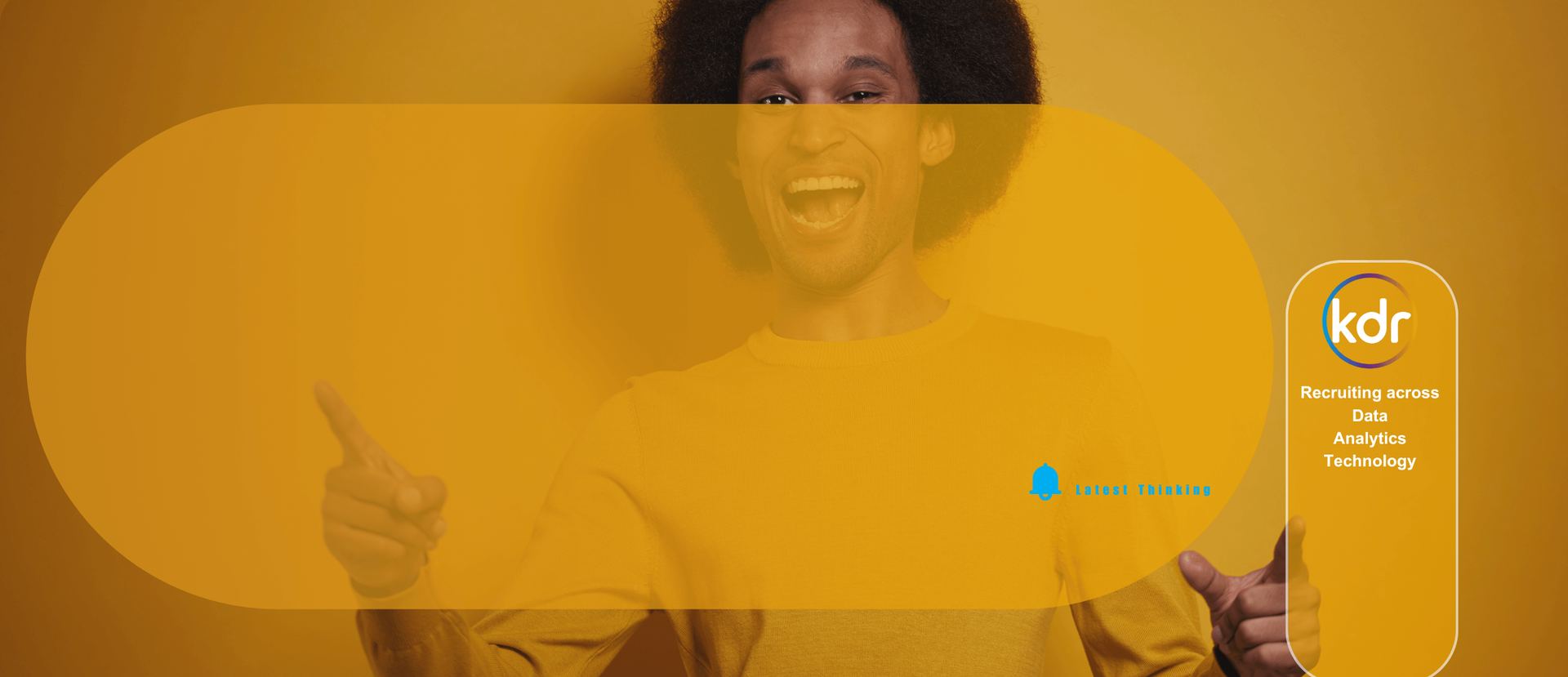How to be a good ally in the workplace
This blog covers some of the key areas to look at when considering how good an ally you are being in the workplace.

Ongoing learning is always needed to push the right attitudes and behaviours going forward and part of this is learning how to be a good ally in the workplace. We have undertaken company wide training on the subject and offer inclusive searches as part of our services packages but we are continually learning. We are lucky enough at KDR to have a diverse workforce of different social backgrounds, sexuality, religions, cultures and genders and we want it to be a place where everyone feels included and heard.
Points to consider:
Getting to know people helps with allyship – an obvious one but maybe one people can skim over, especially with hybrid working models becoming more widespread where the team isn’t always together on a daily basis. Relationship building, as we know helps collaboration and it also helps people advocate other people’s ideas. Part of building relationships relies on really being present for someone, so when you are having your next conversation with someone, make sure you aren’t also checking emails or answering other messages on teams. This helps to build rapport and signals to the other person you are really listening and present for them. Incidentally this is vital during meetings and video meetings also, facial expressions and body language are important, so smile and nod as well as asking for more information if you need it.
Listen to how people describe their own identity – there’s nothing worse than someone not pronouncing your name correctly, so take the time to listen to how people pronounce their name and use their pronouns (if these are used). When you mirror the language they use to describe themselves it shows them that you care.
Acknowledge cultural holidays and life milestones – if you have taken the time to get to know someone, also make sure you are acknowledging when things are happening in their life, whether religious festivals, birthdays, weddings, deaths, illness, promotions.
Help everyone to participate in team discussions – if someone is feeling “other” in anyway, they are less likely to join in. This includes people who may feel like an imposter in their role, so encourage participation from everyone.
If you notice that you’re in a room where everyone looks the same, maybe consider asking if certain colleagues should be invited into the meeting. This ensures their work and experience are also being tapped into.
If you do notice someone is not contributing or participating in events, discussions or even showing up on video calls (camera off) check in on them to make sure they are ok and if there is anything that you can do to help.
Acknowledging skills is so important – people who are underrepresented have reported having to prove their expertise repeatedly. One study showed two-thirds of women and people of colour reported this. This compares to 35% of white males. They also reported having their successes discounted and felt pressured to let white men take the lead. With these biases at play recognising someone’s expertise and ideas is all the more important. However, don’t discount the importance of recognising when their skills or expertise are being questioned. Give people a chance to shine by affirming their skills.
Provide regular feedback – women tend to receive less quality feedback that can help them make changes that will help them grow and become leaders. This can be down to managers worrying about how the feedback will be perceived. Also when women do get feedback it tends to be about how they communicate, for example “you are too aggressive” or “not assertive enough” rather than “if you develop this skill then it will help you with that outcome”.
There are many ways to show allyship in the workplace. It really takes a person to look outside of themselves and understand the potential struggles another person has had to overcome to get to where they are, or is continuing to experience. Be present, be aware and be kind, it makes such a difference to performance and team engagement, wellbeing and happiness.






